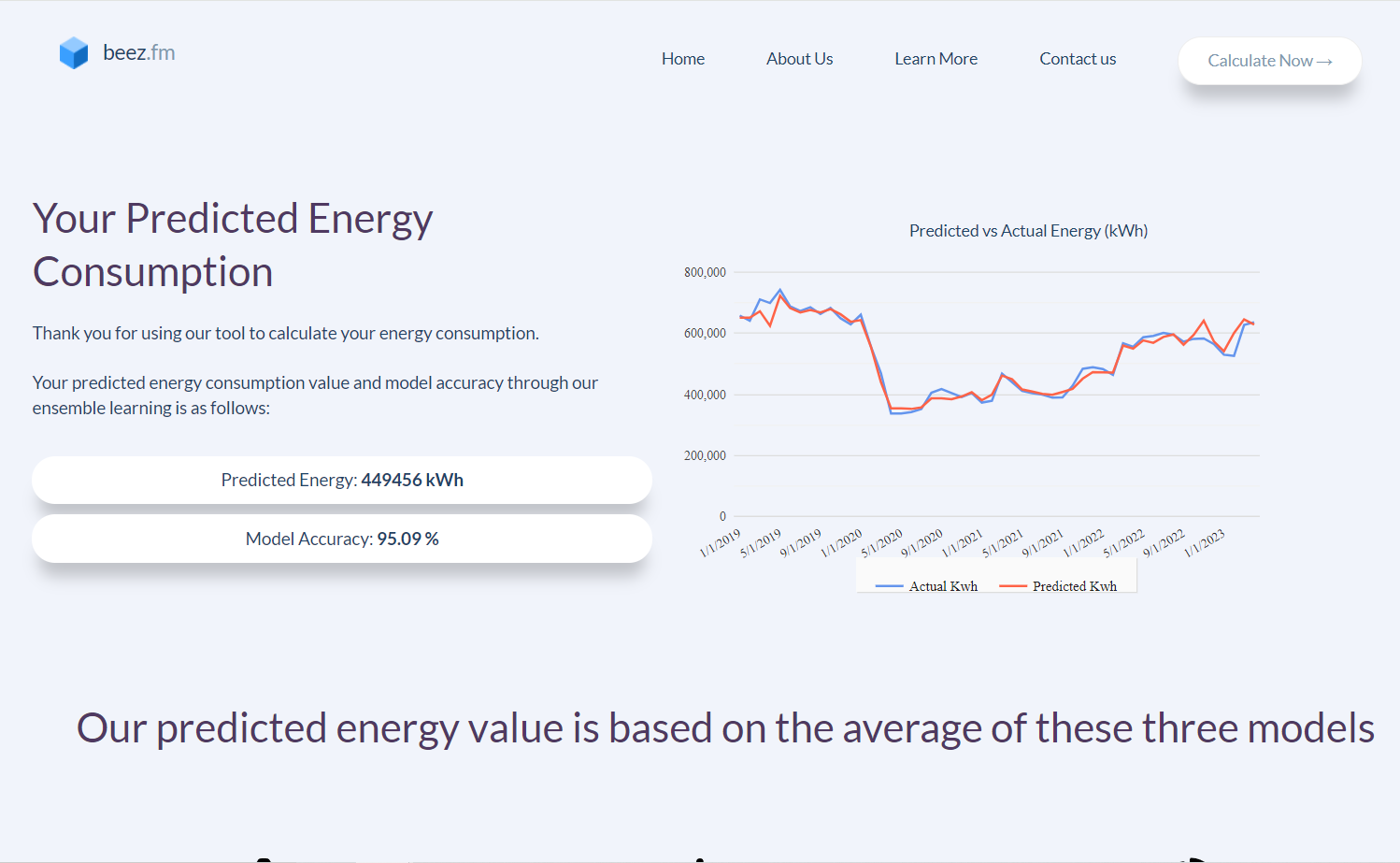
Chong Keng Hua
Delfinn Tan Sweimay




Beez-Fm is a Singapore headquartered company specializing in BMS as a service (BaaS). The Building Management System (BMS) industry is involved in the design, development, and implementation of systems used to monitor and control building services, such as HVAC, lighting, security, and energy management.
One of Beezfm key traits lies in its business model. Beezfm understands that their clients face hesitation to adopt BMS due to high intial capital expenditure, therefore beezfm installs the BMS for clients for free and only collect fees as a portion of the energy savings if they are realised.


However, it is difficult for Beezfm to prove that the energy savings observed by the client is achieved through the installed BMS and not due to external factors, leading to disagreements during the negotiation of fees.
Therefore, our solution to this problem is to help Beezfm develop an ML model capable of predicting energy consumption as if the Building Management System (BMS) was not installed, thus enabling Beezfm to clearly demonstrate the impact of the BMS on reducing energy usage to clients, facilitating effective fee negotiations.


In implementing our solution, we focused on three key aspects: Data Analysis, Feature Selection and Modelling.
Data Analysis helps us to formulate a comprehensive and consistent dataset through collecting and researching on important features for energy modelling.
Feature Selection helps us to select the most important features through utilising our domain knowledge and correlation matrices.
Modelling is a process where we choose appropriate machine learning models to train and to do prediction.

Our machine learning model predicts building energy consumption with high accuracy using historical data, considering occupancy rates, environmental conditions, and past energy usage. This reliable forecasting is our product’s core, helping building owners and facility managers make informed energy optimization decisions.
Our model leverages Linear Regression, Random Forest and Gradient Boosted Trees for their effectiveness in managing complex, multi-variable datasets. Linear regression identifies linear variable relationships, Random Forest mitigates overfitting through multiple decision trees and Gradient Boosted Trees enhance accuracy by iteratively correcting previous errors. The final prediction is an average of these three models, ensuring balanced, reliable outcomes by avoiding the pitfalls of under or overestimation from any single model. Our average accuracy is also 94.3%.
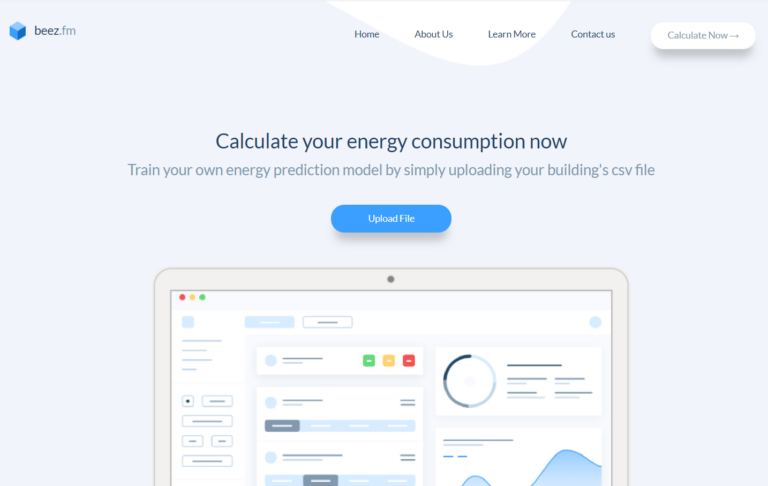
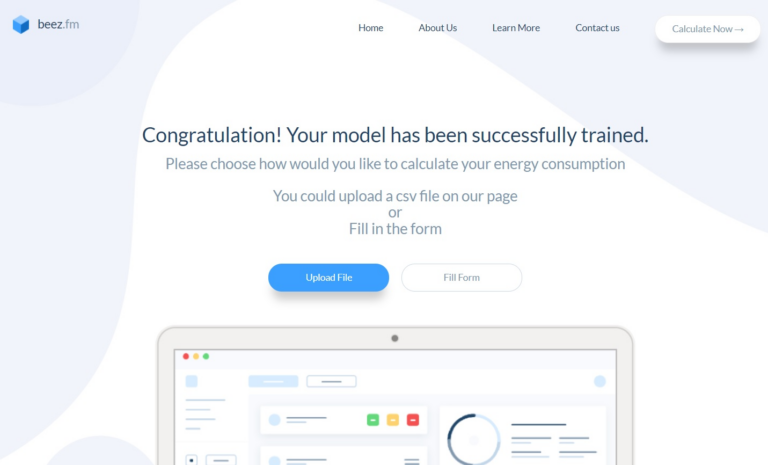
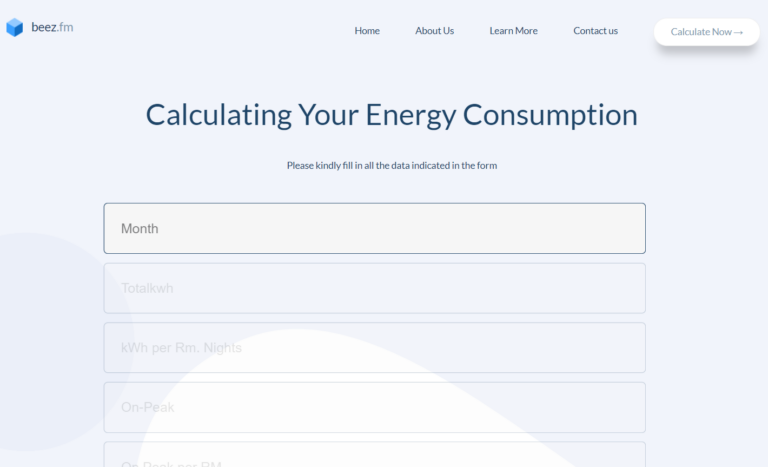
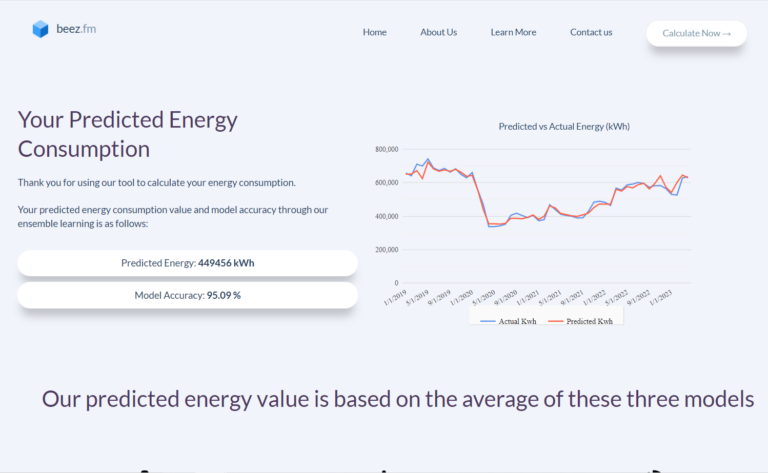
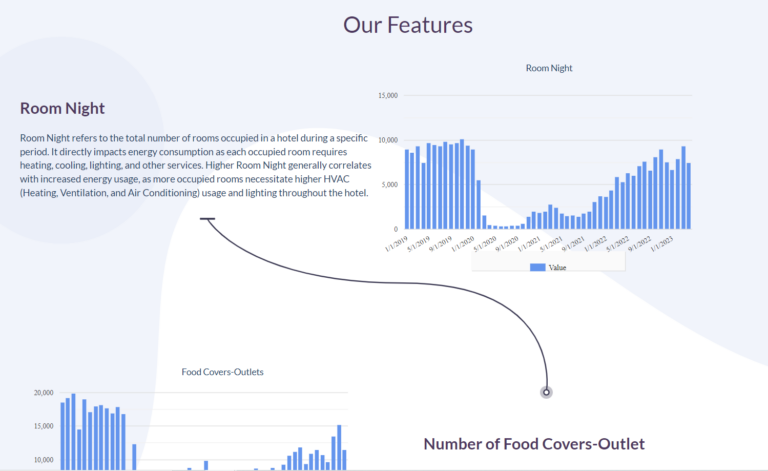
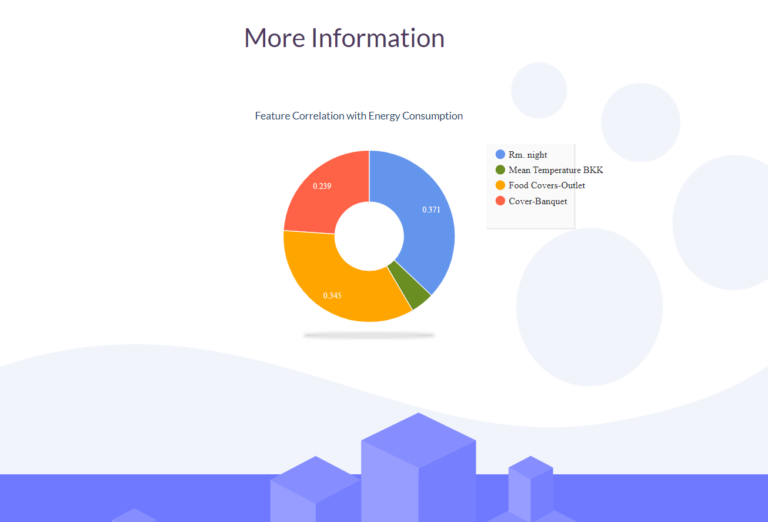






EnergyAI establishes a flexible baseline formula capable of accounting for fluctuations in building occupancy and energy usage, providing a reliable benchmark for measuring the success of Beezfm energy-saving modifications.












Feature Selection through domain knowledge and correlation matrix helps us to select the most relevant features for modelling, improving our model’s accuracy and reliability.
Choosing an ensemble of machine learning models for training ensures our prediction results are highly accurate and consistent by taking their average. We achieved an average accuracy of 94.3%.
Developing a user friendly interface helps Beezfm to train their own machine learning models, use those models to predict the energy consumption values and to also visualise insights on key predictive features.

Vote for our project at the exhibition! Your support is vital in recognizing our creativity. Join us in celebrating innovation and contributing to our success. Thank you for being part of our journey!



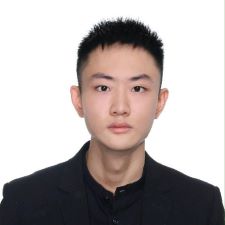


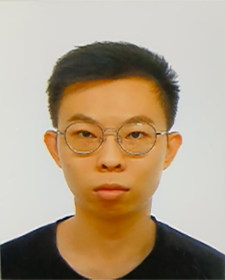





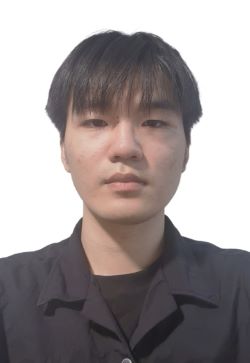














At Singapore University of Technology and Design (SUTD), we believe that the power of design roots from the understanding of human experiences and needs, to create for innovation that enhances and transforms the way we live. This is why we develop a multi-disciplinary curriculum delivered v ia a hands-on, collaborative learning pedagogy and environment that concludes in a Capstone project.
The Capstone project is a collaboration between companies and senior-year students. Students of different majors come together to work in teams and contribute their technology and design expertise to solve real-world challenges faced by companies. The Capstone project will culminate with a design showcase, unveiling the innovative solutions from the graduating cohort.
The Capstone Design Showcase is held annually to celebrate the success of our graduating students and their enthralling multi-disciplinary projects they have developed.